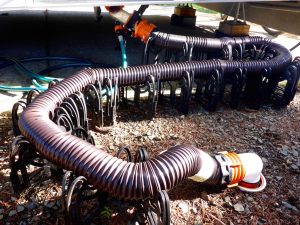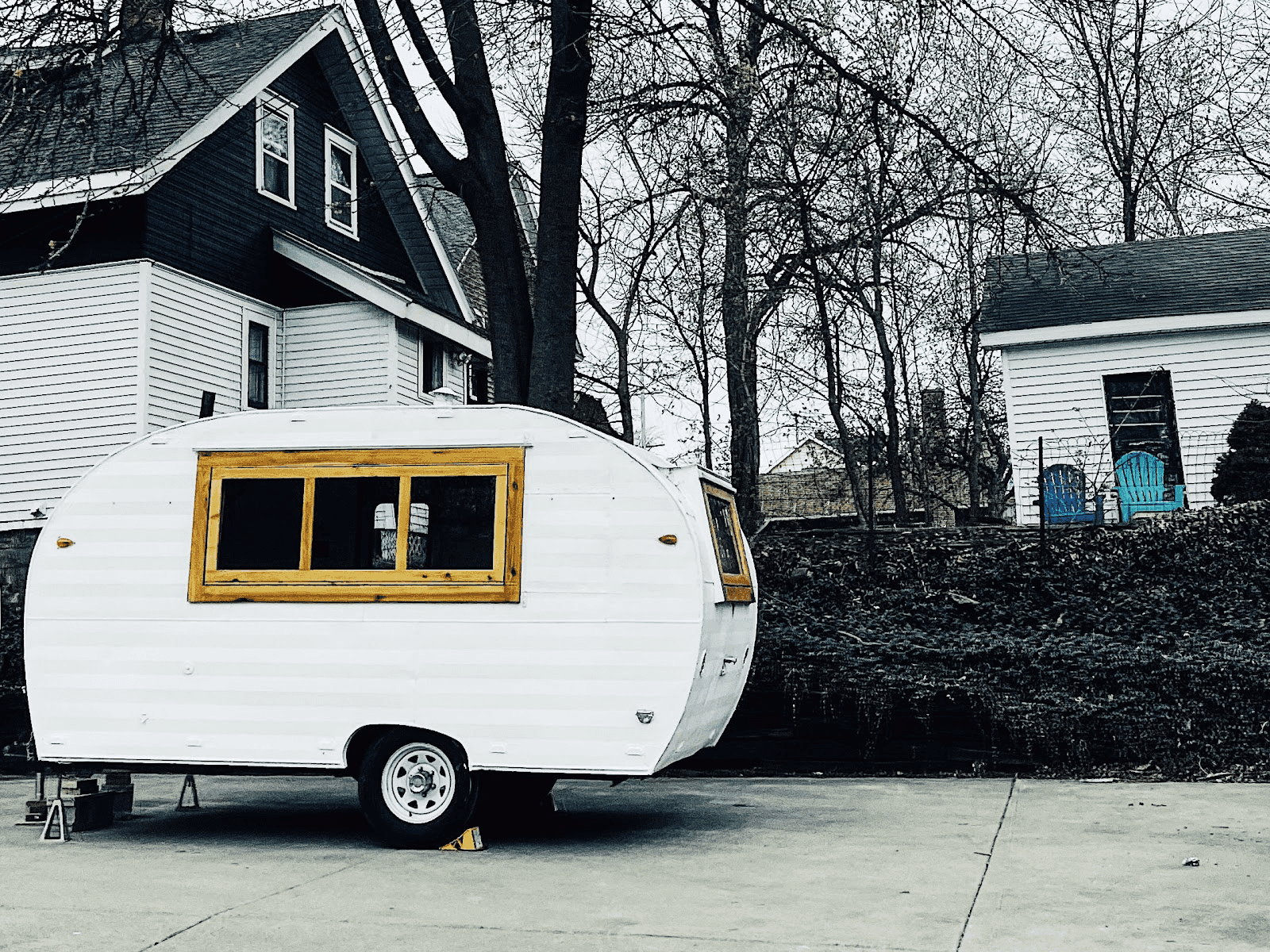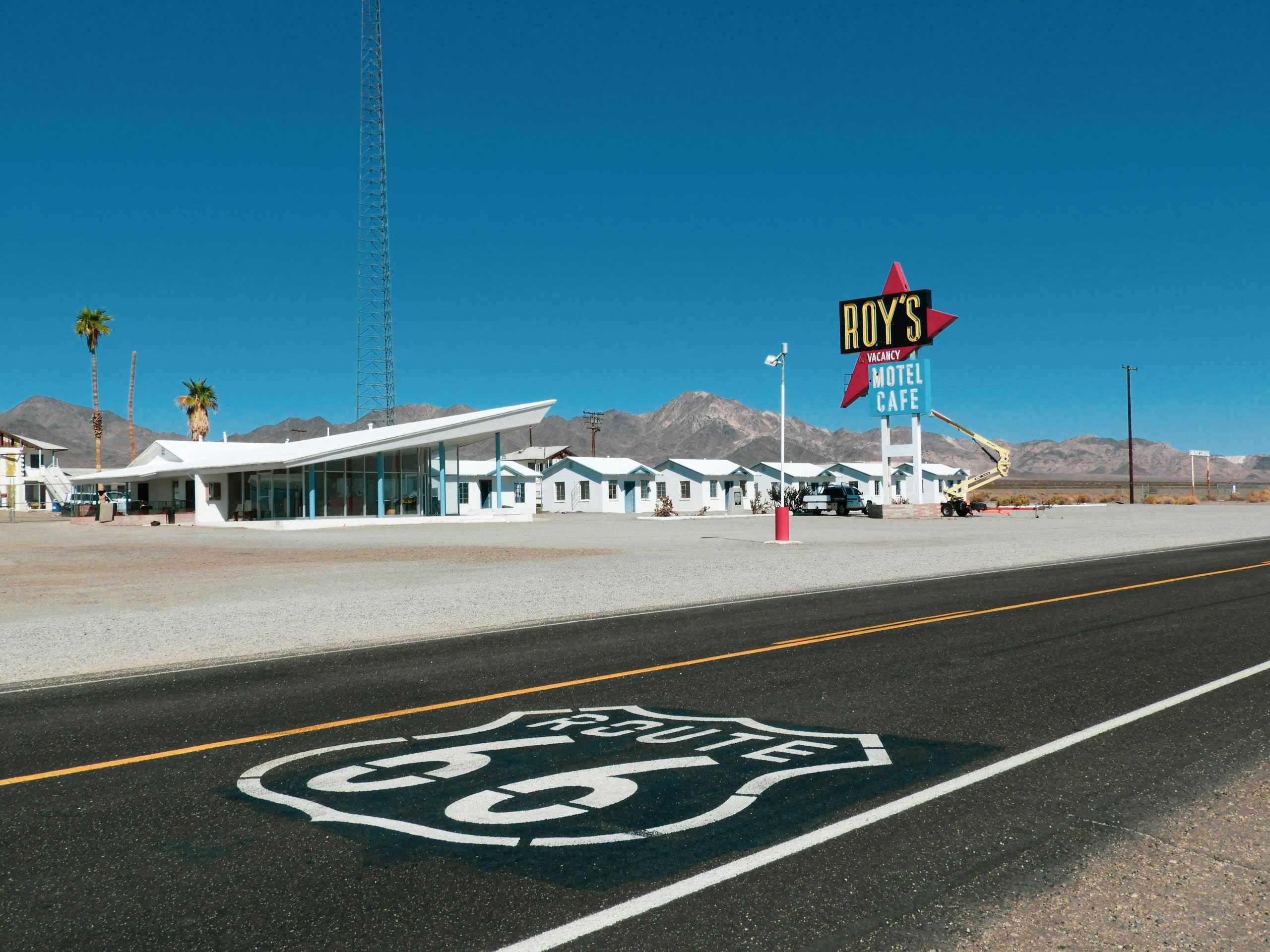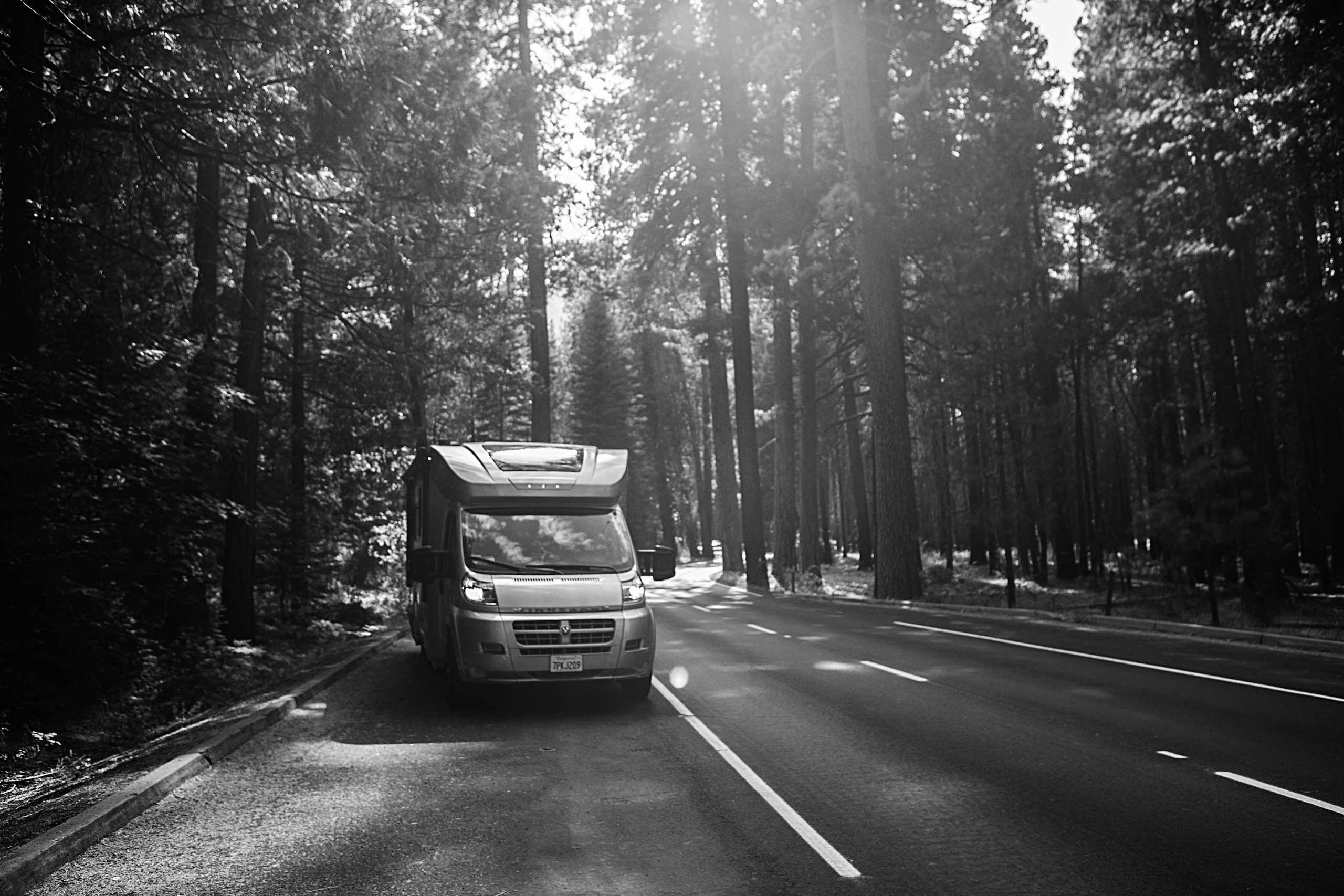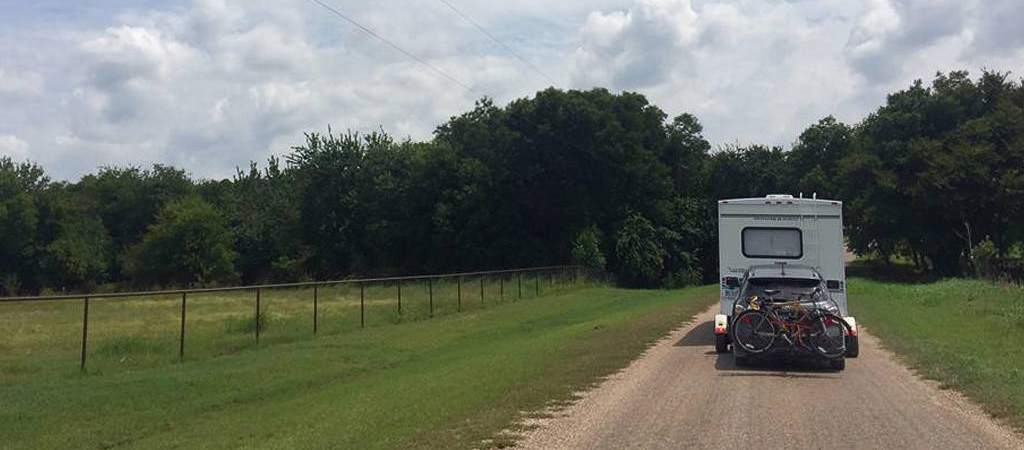There is no better way to ruin a vacation than to forget about researching a campground before you book.
While away from home, the RV is your house and the campground you visit serves as the yard you share with others. That’s why it is important to do a little research before you hand over your credit card and park your rig.
Here’s a few tips for making sure you are making a good choice:
1. Read reviews
People are not shy about leaving reviews for pretty much anything.
If you’ve ever read a review to help inform you about a product, campground reviews can be utilized in the same way.
When someone takes the time to write a review, it usually means they thought it was important to let anybody else visiting the same place to be educated about the positive or negative aspects of their experiences.
When someone has a wonderful time they may be more inclined to write a nice note, but the same goes for those who had a poor time. However, whether the review is good or bad, it can help you decide which campgrounds to visit and which ones to avoid.
You can check out reviews on Yelp, Google, Trip Advisor, and Good Sam.
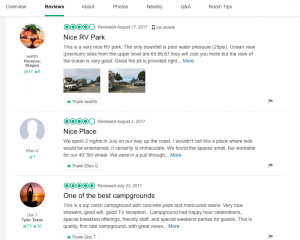
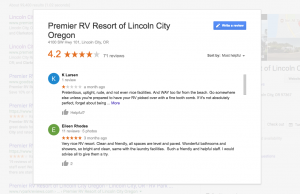
2. Check out the campground’s website & amenities
Each campground you come across is going to be different. Kampgrounds of America (KOA) is known for providing family and kid-friendly options, while state parks tend to be a bit more basic.
What is it you want to do while on vacation? Do you have kids with you? How about pets? Do you want to be close to a river? The mountains?
These questions help you better understand the wants and needs of you and your party before you hit the road. Once you know what it is you want to be doing and where it’s much easier to decide where to stay.

3. You need to know your rig will fit
The size of your rig could affect whether or not you stay at one campground to the next. The park or campground website usually houses this information. If the information you need isn’t obvious while doing your research, give them a call.
Sometimes the website may be lacking in information or claim they provide a site that is X feet when really it’s Y feet. By calling the campground, your questions can be answered right away.
4. Decide whether you will need full, partial or no hookups
Depending on the length of your vacation and the activities you have planned, ask yourself if you will need hookups or none at all.
As mentioned prior, some campsites provide a pretty luxurious experience for their patrons including full hookups, while others are basic and may not even provide a dumping station.
Be sure to get electric and water info from the campground before you call it a done deal. If your rig needs 50 AMPs but the campground only has a 30 AMP set up, you may run into some issues. But don’t worry! This is easily avoidable.
Figure out what you need and be sure the campground can accommodate you. If they can’t, at least you know before you pull in.
